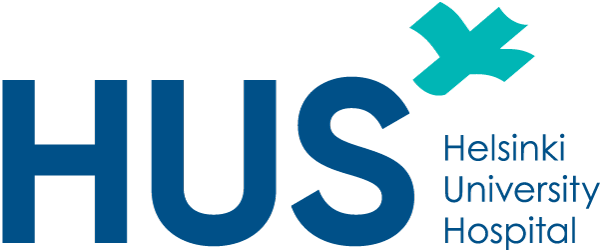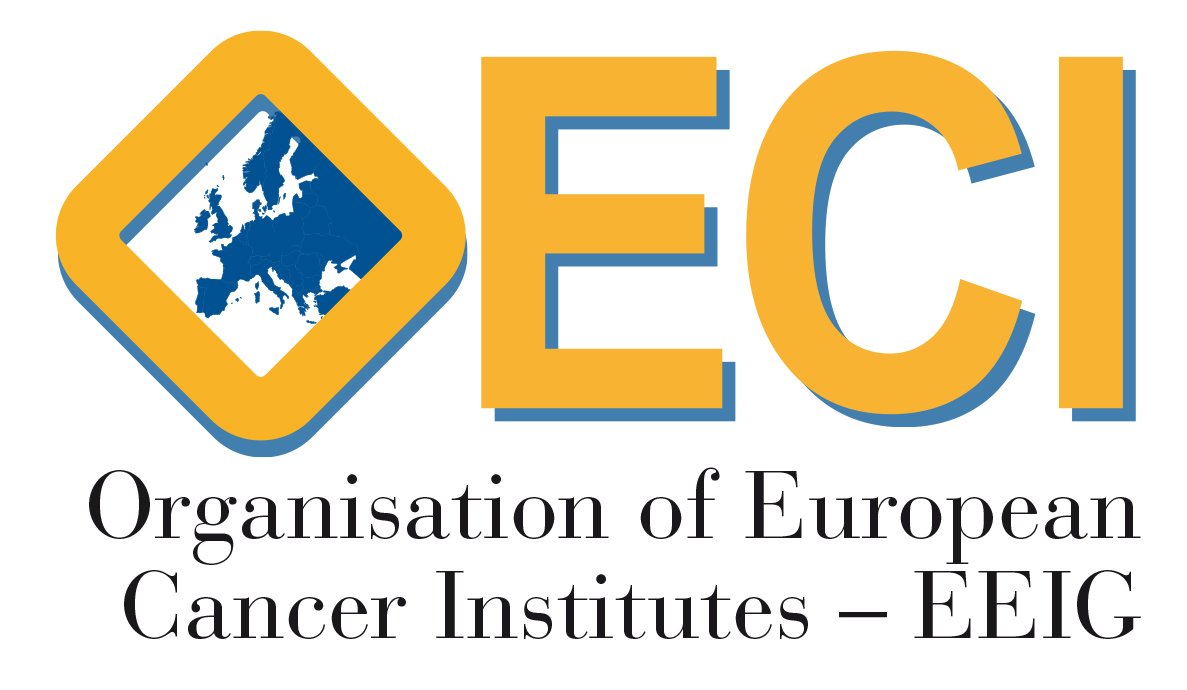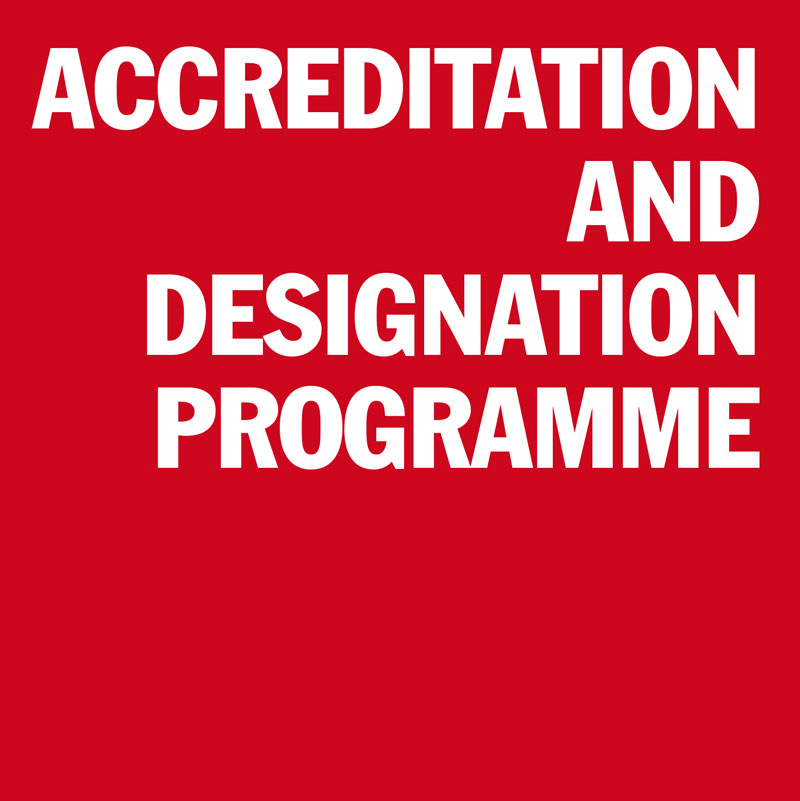Excellent Practices
Noona software
Practice Category: ICT system / Data / Dashboard
Centre: Helsinki University Hospital Comprehensive Cancer Center

Johanna Mattson
johanna.mattson@hus.fi

Challenge which the practice addresses
Digital services have rapidly increased and more and more people are used to do errands or accessing information digitally via the internet at their convenience. A patient-centred, patient-friendly IT service for cancer patients is needed to easily contact the cancer care team or report adverse events/symptoms or PROMS/PREMS during the patient pathway.
Solution
HUS CCC developed an electronic patient-reported outcome (ePRO) software-application for cancer patients together with a Finnish start-up company. The Noona software is a web-based application for cancer patients to contact cancer nurses between appointments and to self-report symptoms, adverse events of treatments or reply to queries or questionnaires via a computer or smart mobile devices. In the Noona system:
Patients
- ask questions
- report symptoms
- reply to structured questionnaires
Nurses
- answer the questions
- send care instructions
- send symptom, QOL or other questionnaires
- check patients´ replies
- consult physicians if needed
- check the summaries before treatment cycles and consult the treating doctor if needed
The whole pathway covered
- Surgery module
- Systemic treatment module
- Radiotherapy module
- Follow-up module
Impact
- Most breast cancer patients are willing to use mobile services (Mattson J et al. ASCO 2018).
- PROMS may help to detect disease recurrence or severe side effects earlier and improve treatment outcomes and reduce health care cost (Basch E et al. J Clin Oncol 2016, Basch E et al. JAMA 2017, Denis F et al. J Natl Cancer Inst 2017).
- Using digital services designed for cancer care may reduce the number of times patients are seen in person at the hospital while increasing digital contact with nurses and physicians on the care-team.
- Along with the Covid19 pandemic it has become obvious that also cancer patients need remote services when appropriate.
- PROMs are an essential part of assessing cost effectiveness of cancer therapies and all questionnaires can be easily incorporated into the system.
Critical success factors
- The public-private partnership enabled the exchange of expertise. Cancer care providers were able to take part in the design of the system from the very beginning. Thanks to the international symptom classifications and the many language versions, the system can also be used in other countries. The private company succeeded in developing a software that is easy to use and has an attractive design.
- A randomised investigator-initiated clinical study was conducted in breast cancer patients during follow up after primary treatment to scientifically verify patient preference, satisfaction, quality of life, symptoms and cost during digital follow-up.
- The Noona software is widely used at the HUS CCC and at the Tampere University Hospital Cancer Center. The Finnish start-up company was bought by Varian in 2018 and Varian was bought by Siemens in 2021. Both companies have prioritised the further development of the software and have client hospitals internationally.
Next steps
HUS continues to be a major collaborating hospital partner and at the moment the integration of the Noona software with Epic is currently being prepared.
Digital systems enable sharing data and learning from it with artificial intelligence. Today, the system covers the entire patient pathway and includes a module for mental support as well. There is potential to expand its application further for instance to remotely monitor patients with different devices. Additionally, the system also provides the option of digital coaching for a healthy life style.

